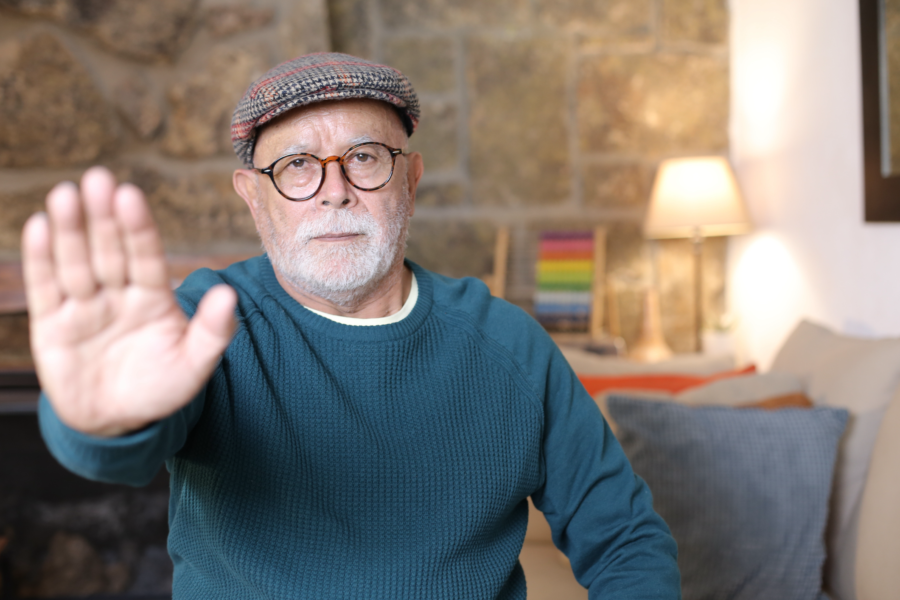Spouses and adult children caring for loved ones with dementia often approach me with some version of, “My loved one is in dementia denial.”
The caregivers are frustrated and angry. The loved ones are confused. The specific scenario may vary, but can play out like this:
- The spouse with dementia denies that they’re forgetful.
- The parent with dementia accuses the adult child of hiding or stealing the parent’s wallet, glasses, or other missing items.
- The spouse or parent with dementia becomes increasingly disorganized.
For better or worse, this isn’t dementia denial. That’s because, once someone is diagnosed with dementia, the confusion, forgetfulness, and accusations are a reflection of brain cells malfunctioning. Eighty percent of people diagnosed with dementia have what is called anosognosia, which results from damage to an area in the brain that involves self-reflection. This means that, due to the changes in their brains, they may lack insight or awareness. In other words, the loved one with dementia doesn’t know what they don’t know. They may insist they are fine, and they believe what their brain tells them because their brain cells are not functioning properly.
If you’ve thought that your loved one is in dementia denial, understanding that their thoughts and behaviors are a function of the disease can have a positive impact on how you cope and how you interact with your loved one. Instead of becoming frustrated and angry at “dementia denial,” you can use strategies that help both of you. These include:
- Remind yourself that dementia is causing your loved one to behave this way and they aren’t intentionally trying to upset you.
- Provide empathetic and compassionate responses, such as “Thank you for bringing that to my attention”, “Thank you for letting me know how you feel”, and “I’m sorry – I’ll try not to do that again.”
- Don’t challenge, question, or test their memory.
- Don’t argue with them, correct them, or remind them that they forget.
- Avoid saying “No” to them that they can’t do something and instead redirect their attention by focusing on the things they “CAN” do.
- Understand your own triggers so that you can detach and keep from taking what they say and do personally.
That said, dementia denial does occur – but it occurs in loved ones, rather than the person with dementia. It’s understandable that a caregiver spouse or adult child may wish and hope that the dementia diagnosis isn’t true, or that it will go away. But, the sooner your loved one gets diagnosed, the sooner families can discuss care options. Knowledge is power, and coming to terms with the diagnosis can help you get the tools you need to plan for the future. These tools include:
- Educating yourself about dementia.
- Talking to a dementia counselor who can guide and support you.
- Writing down your observations and discussing your concerns with your loved one’s physician.
- Discussing your concerns and observations with other family members or a trusted friend and designing a compassionate plan for approaching your loved one in a way that doesn’t make them feel defensive.
If you need dementia caregiver support, please join my dementia support group or schedule your 30-minute consultation.
Connect with Tami
Get information, guidance, and support delivered to your inbox each month.

